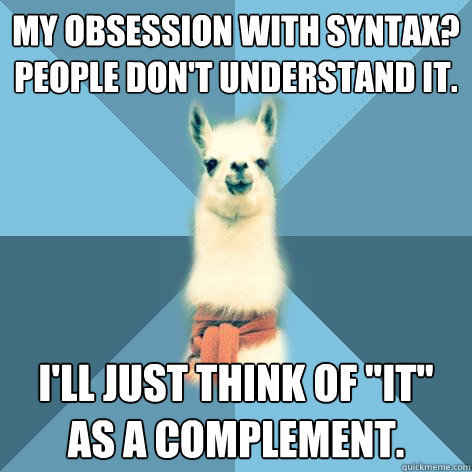L'OpenTour - 2 day Pass 2 jours. I don't know about you, but I burst into laughter upon seeing this. It's a linguistic Janus. Supreme siamese compromise. The Strait of Dover finally swum through.
Well, this is just one instance; I have seen and heard more English than I had expected in less touristy towns as well.
I was going to jot down a few serious paragraphs about language contact and how all this is related to English education in Japan and so on - but no. The plain fact is, I like it when English simultaneously recoils from and embraces French, just as I like it when French recoils from and embraces English. So I thought I might share the joy with you.

